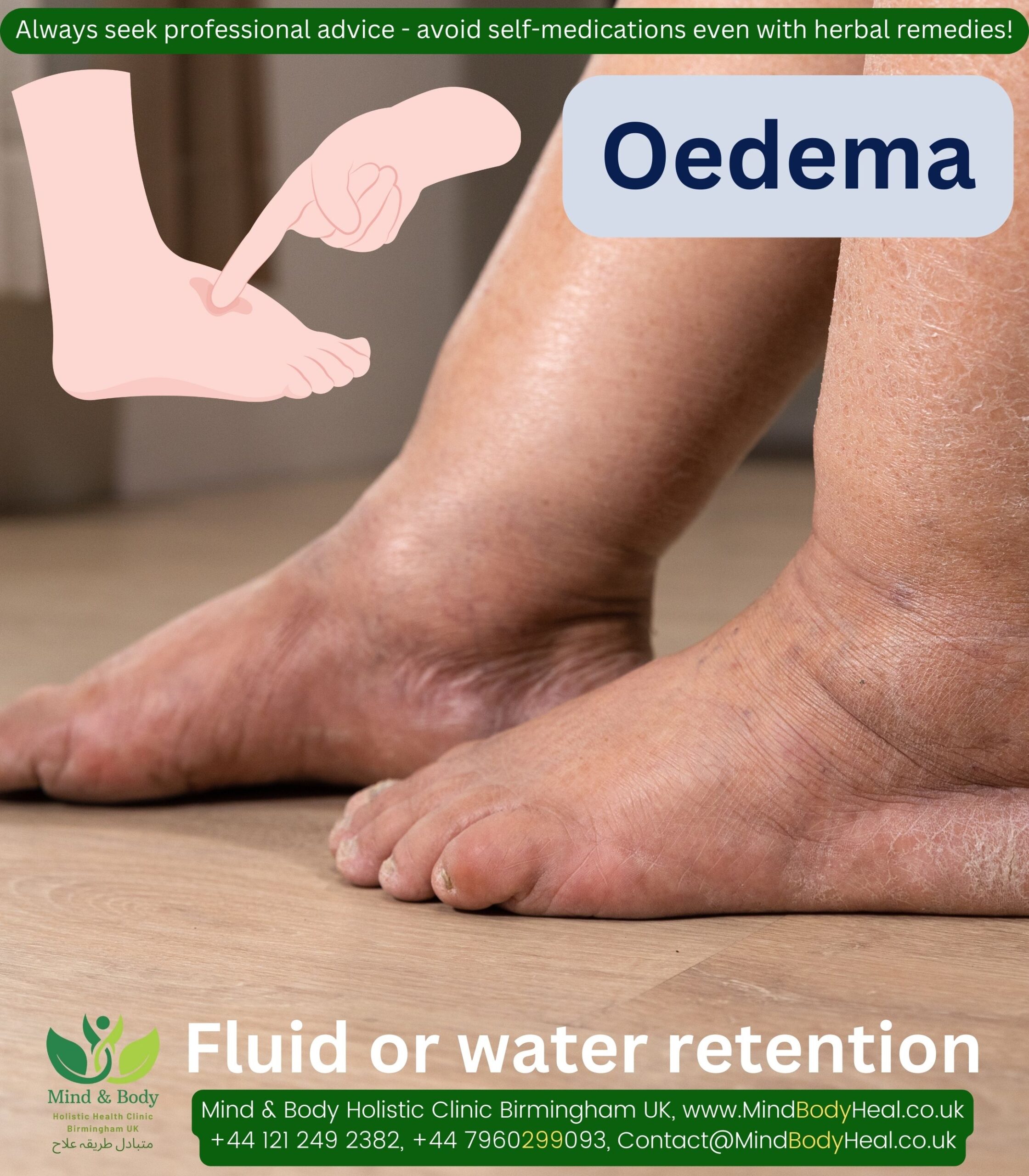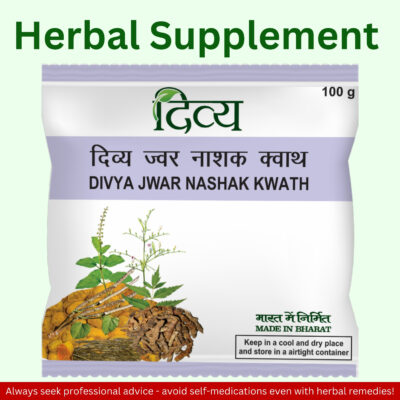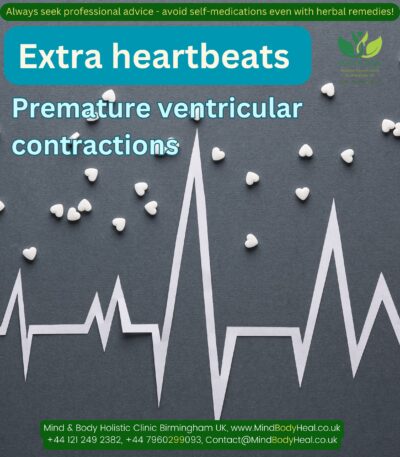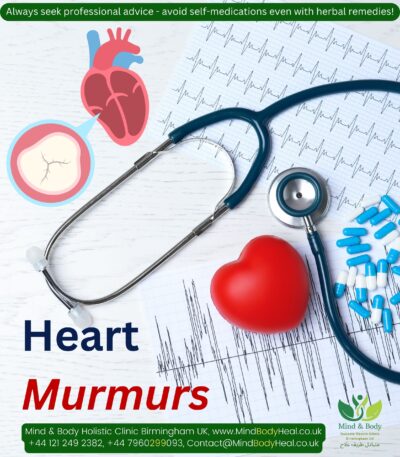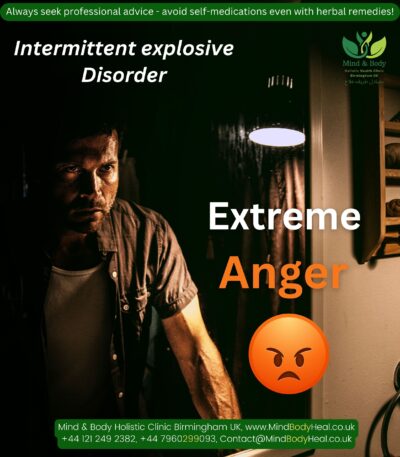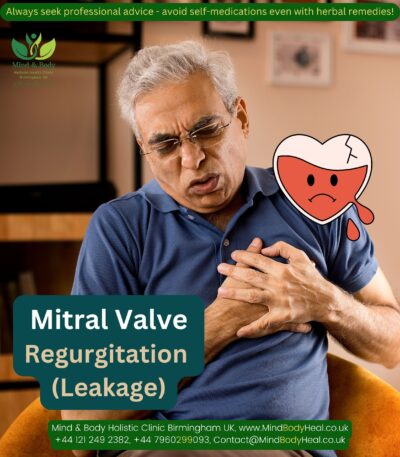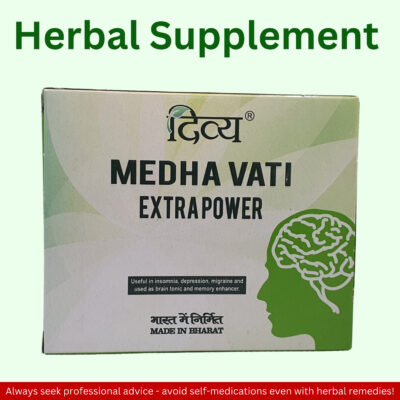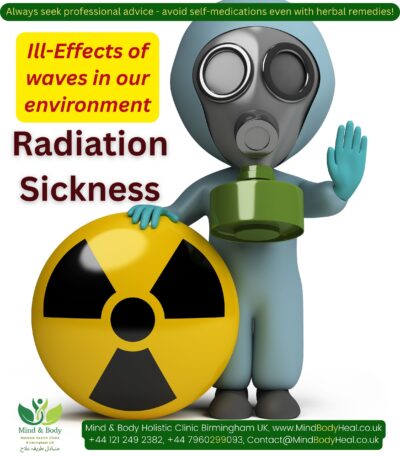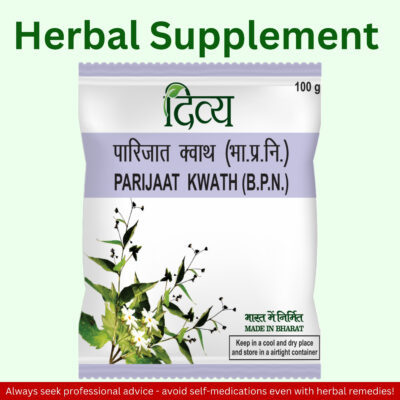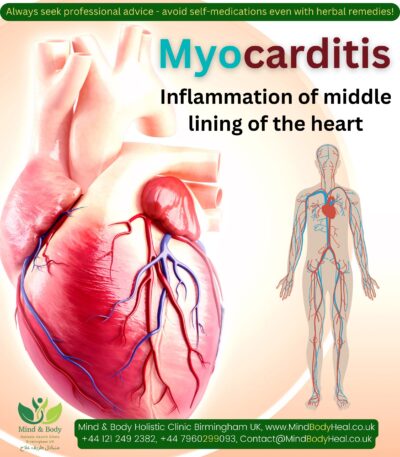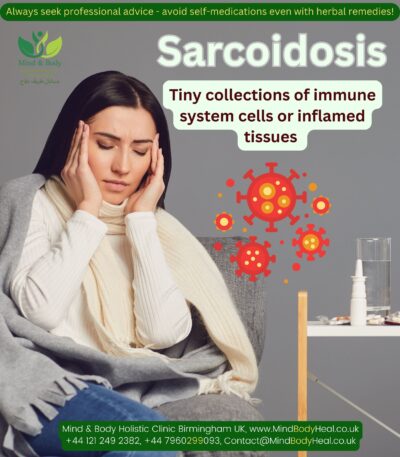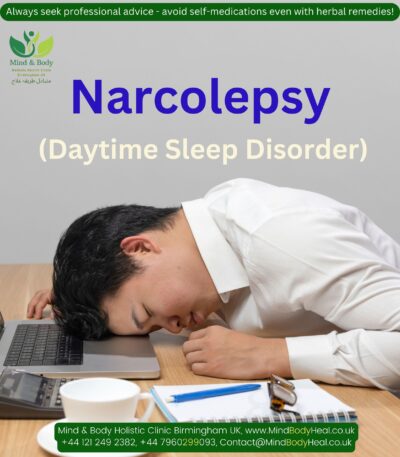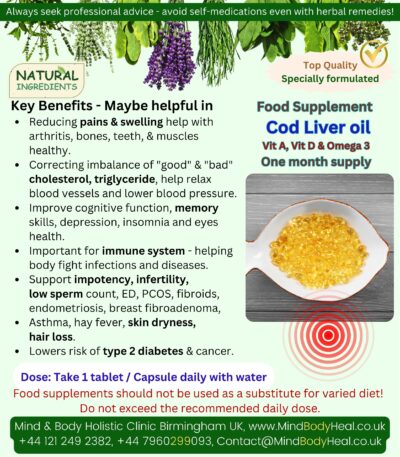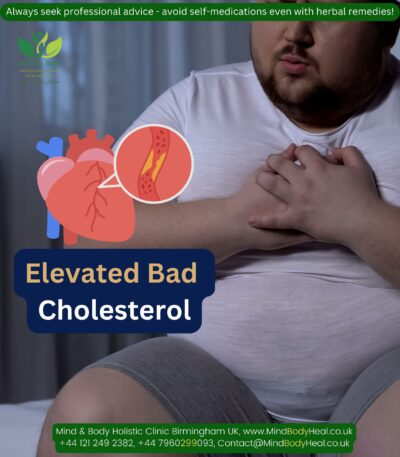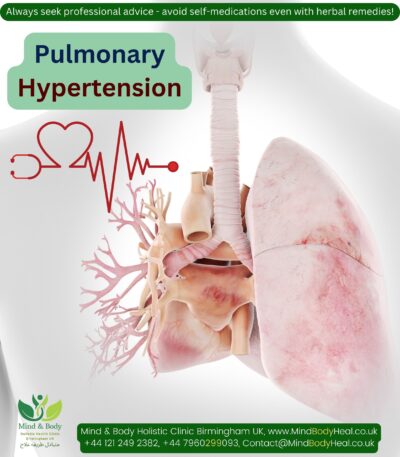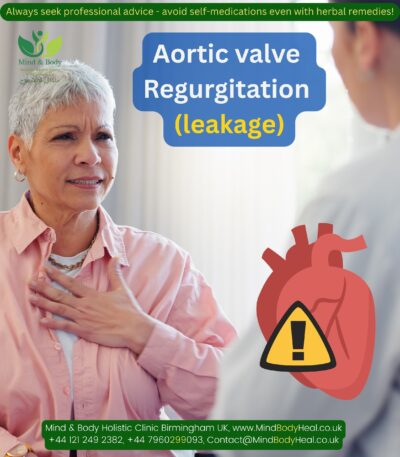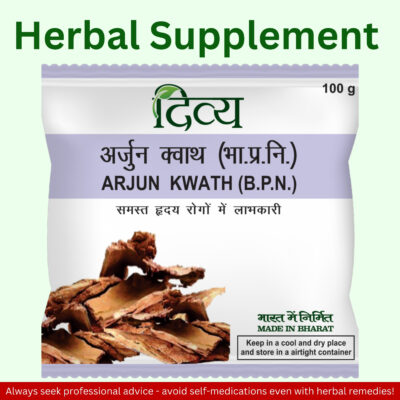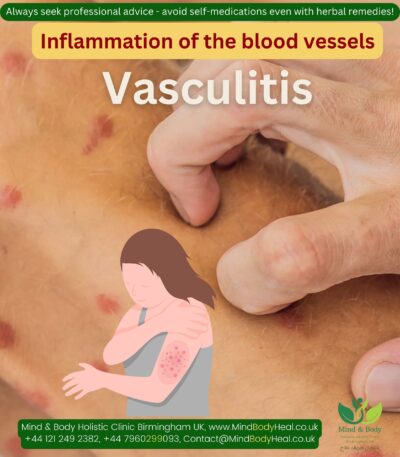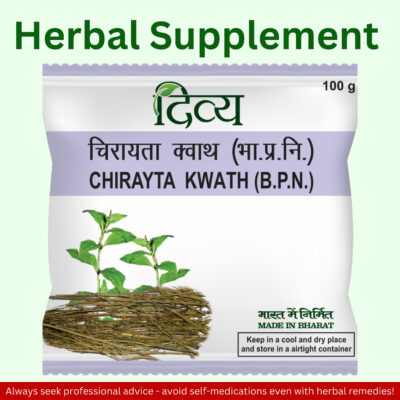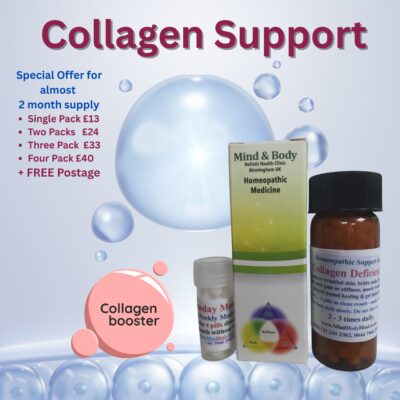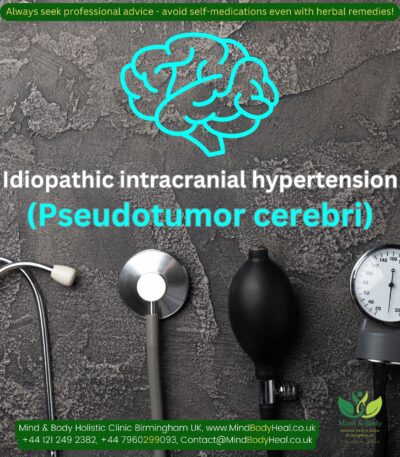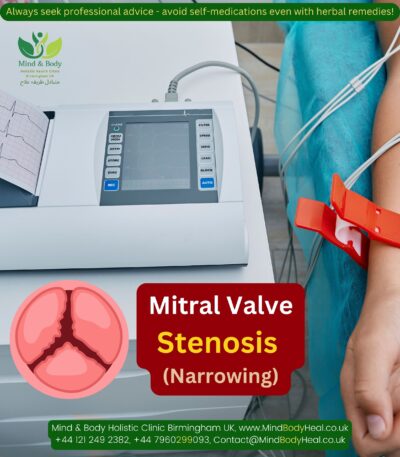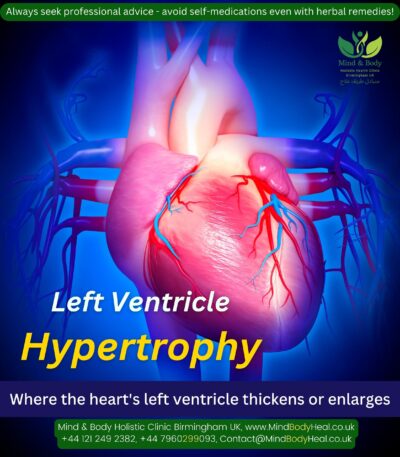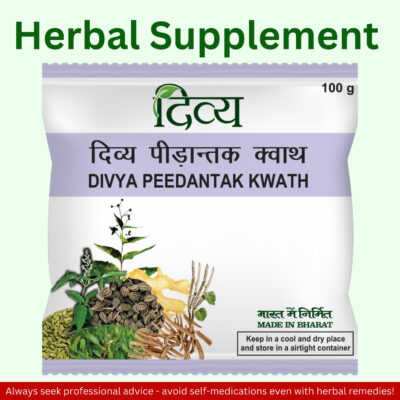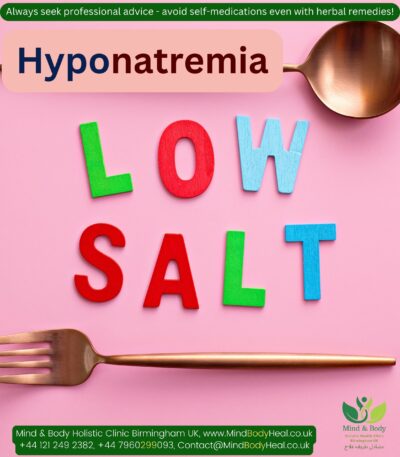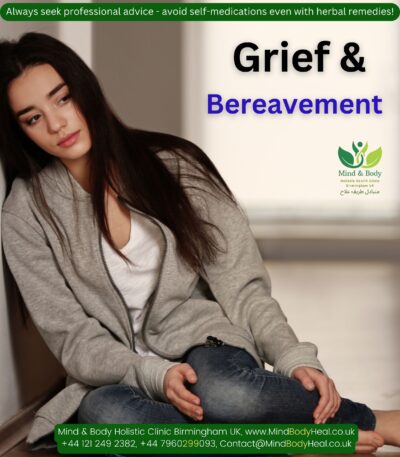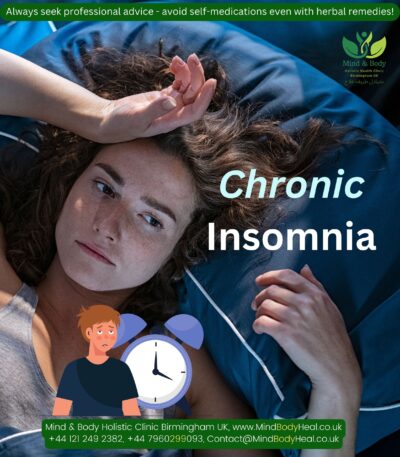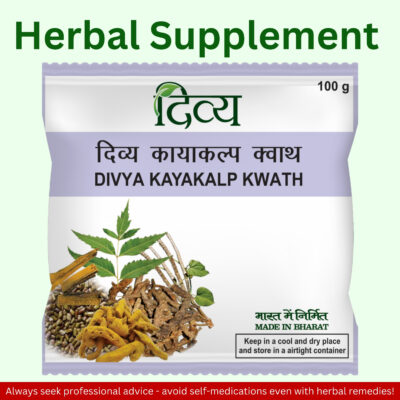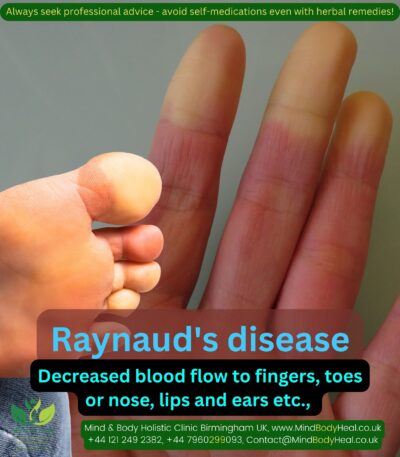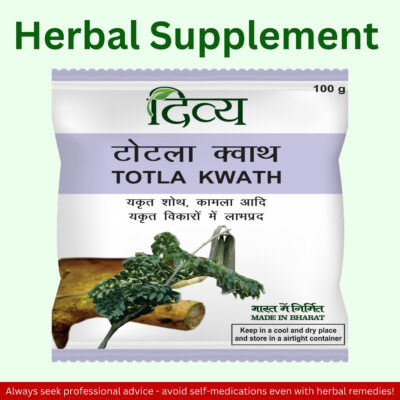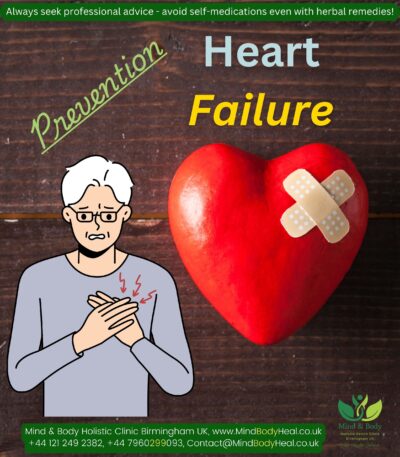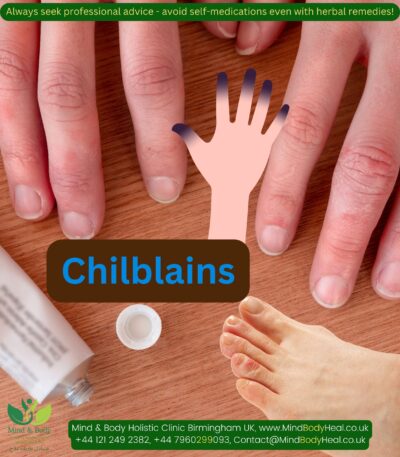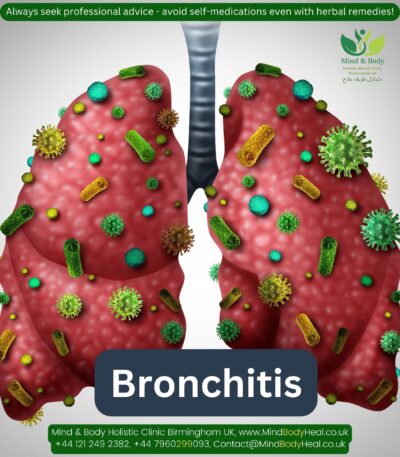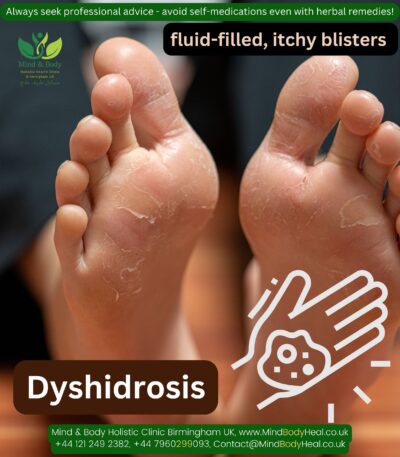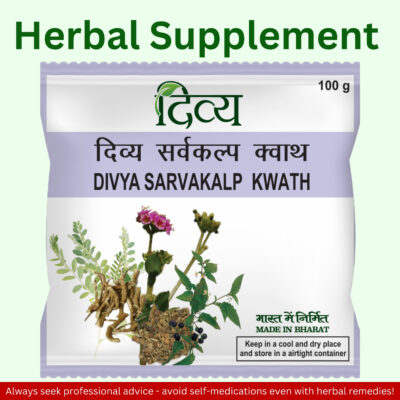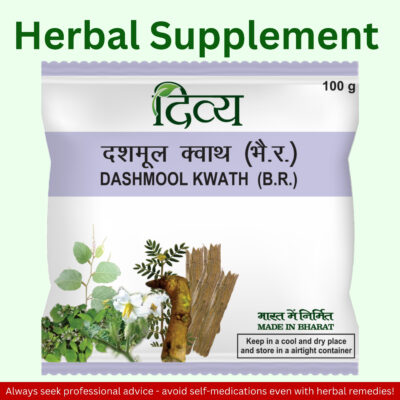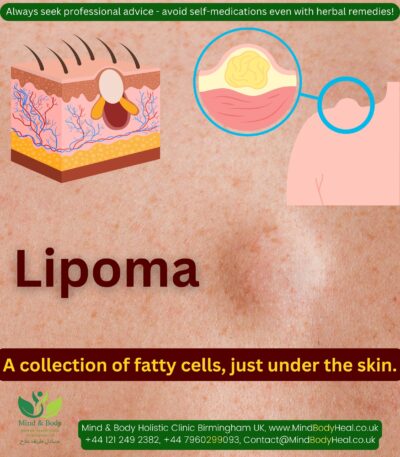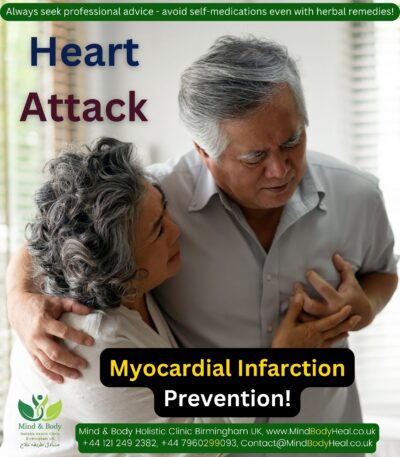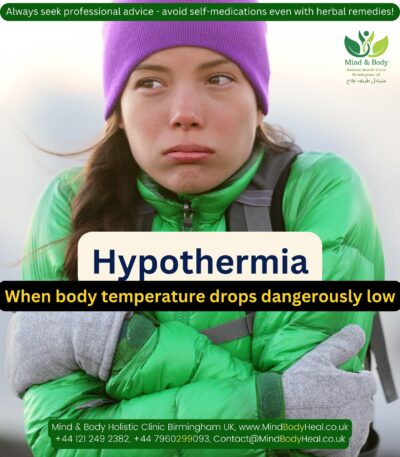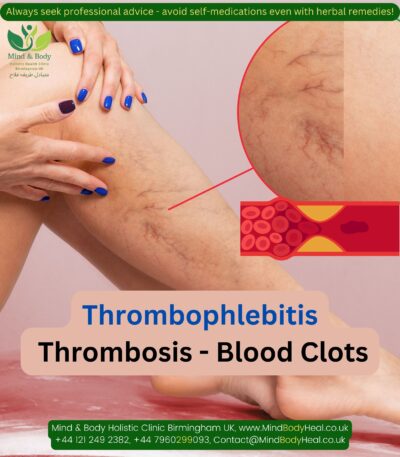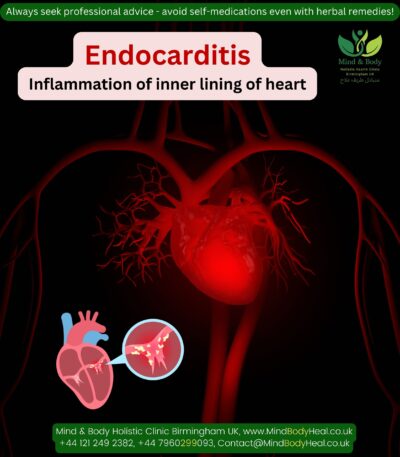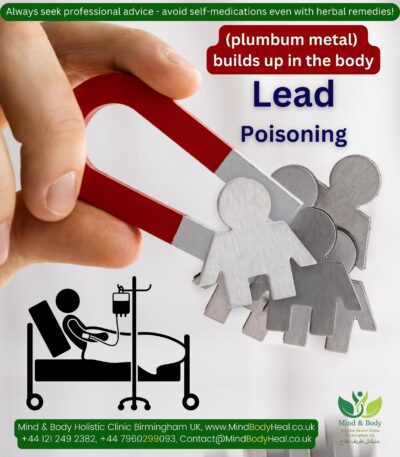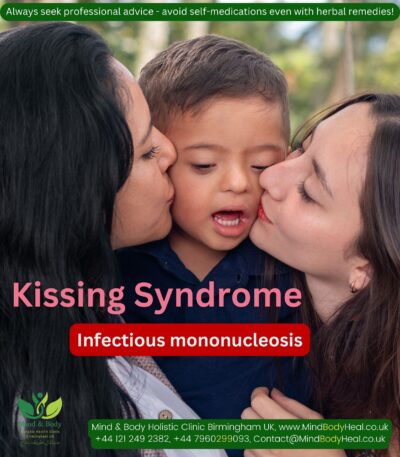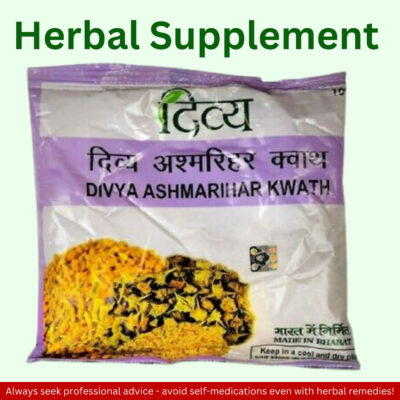Edema (Oedema) – Fluid or water retention
Edema happens when fluid gathers in your tissues and causes a heavy, swollen and even painful area in the body.
Lymphoedema: Lymphoedema means there is damage to the lymphatic system and the body can’t drain fluids properly. This may cause a non-pitting oedema in the arms or legs. A disturbance to the lymphatic system may occur after procedures like lymph node surgery, a mastectomy and radiation therapy. Obesity or venous insufficiency may also cause it.
Our bodies have an excretory system that helps maintain the proper balance of water, fluids, electrolytes and salts etc., in the body and makes sure that it maintains proper water levels in our cells.
It naturally balances water intake and water loss.
However, several health conditions can cause fluid to collect in the tissues and cause noticeable swelling. Sometimes the cause is a harmless, but it can also result from a chronic, serious condition that needs to be treated immediately.
It occurs when fluid leaks from small blood vessels known capillaries and collects in the spaces around tissues and organs – this causes puffiness and skin tightness, usually in your lower limbs because there’s more pressure on these areas.
Various important organs like the heart, lung, kidneys and brain all work together to regulate fluid levels in the body, when one organ is forced to work harder because of a medical condition, hormones are often released to either retain or provide more fluids.
Edema, or swelling, can occur in many parts of the body, including:
- Most commonly in lower legs, ankles, and feet
- Hands
- Abdomen
- Chest
- Face
- Muscles
- Bowel
- Lungs
- Around eyes
- Brain
Probable causes and risk factors of Edema.
- Being obese – edema due to pressure from your body weight
- A sedentary lifestyle
- Past surgeries involving removal of lymph nodes.
- Chronic venous disease – Problems with your veins: When blood vessels can’t transport enough blood to the feet and then back to the heart — is called venous insufficiency — your ankles and feet become swollen.
- Varicose veins, when blood pools in the legs or when blood flow slows down.
- Deep vein thrombosis – edema can be a sign of thrombosis, that develops as a result of slow-flowing blood and causes a blood clot.
- Hormonal changes during a women’s monthly cycle, premenstrual syndrome, puberty or menopause.
- Pregnancy – when a woman is pregnant, her uterus puts pressure on the blood vessels that’s responsible for returning blood to the heart from the legs. This pressure can allow fluids to get into her tissues, causing swelling in the legs, ankles and feet.
- Women who have undergone a mastectomy for breast cancer may experience swelling in their arm near the affected breast – called lymphoedema.
- Minor injuries as well as surgical procedures may cause swelling as part of the healing process.
- Kidney diseases: When kidneys can’t remove enough sodium and water from the body, this creates pressure on your blood vessels and can lead to peripheral oedema – that is swelling in your hands, ankles, feet & face etc.
- Liver, spleen disease can cause ascites – oedema in the abdomen. Ascites happens because conditions of the liver such as cirrhosis, cause protein levels to become too low and create congestion in the liver. This causes pressure in the blood vessels and allows fluids to seep out into the abdomen.
- Fluid leaking out of blood vessels is easier when there isn’t enough protein called albumin in your blood.
- Malnutrition that affects how much protein the body produces, like liver and kidney diseases can cause low protein levels in your blood.
- Hypertension and congestive heart failure conditions: If the heart becomes too weak to pump blood around the body, it will gather it in front of the heart and put pressure on your veins. This can cause fluid to seep out into the surrounding tissue. This leaking fluid leads to swelling in the legs or in the abdomen.
- Pulmonary edema when water collects in the air sacs of the lungs due to lung’s condition like emphysema or pulmonary fibrosis.
- Due to suppression of eruptions, perspire or rheumatism
- Taking certain medicines – such as some blood pressure medicines, contraceptive pills – oestrogen, hormone therapy, antidepressants, nonsteroidal anti-inflammatory drugs, NSAIDs (such as ibuprofen or naproxen), steroid therapy and diabetes medications.
- Sitting or staying in one position for many hours
- High salt intake – sodium holds on to water and keep it in the body.
- In response to allergies or insect bites.
- Trauma (like a broken bone sprained ankle), an infection or wound arthritis, gout or cellulitis etc.
- Abuse of Quinine
- Alcoholism & excessive smoking
Major types of edema
Pitting and non-pitting oedema.
- Pitting oedema – when you apply pressure to the swollen area and your finger leaves an indentation.
- Non-pitting oedema, when it does not leave a mark when you press your finger into it – can be a more serious condition caused by issues with the heart, lungs, liver or kidneys.
General signs and symptoms:
The swelling depends on gravity, it may appear more serious when you are standing than if you have the area elevated.
- A full or heavy feeling in affects body parts.
- Skin that feels warm and tight – when shoes, clothing or jewellery are worn.
- Immobility or difficulty moving joints around the affected area
- Pain and tension around the affected area
- A feeling of pressure around the affected area, which can be related to pressure on the veins in your legs.
- Sometimes, lower extremity oedema can be a sign of a blood clot in your lungs or a serious heart condition. If you experience peripheral oedema along with symptoms like chest pain, shortness of breath or dizziness, seek medical care immediately.
FREE Shipping included – Usually dispatched within 1 – 2 working days!
Are you concerned about your health or managing a recurring or chronic condition?
Our website provides informed guidance and initial supportive care for individuals who are finding it difficult to access their doctors or who have not experienced desired improvement with conventional options.
We help individuals explore a range of natural and holistic healing approaches to encourage balance and long-term wellness that may complement your healing journey.
We offer a ready-to-use complementary remedies kit designed to ease discomfort and support well-being, with clear instructions for each item.
The kit includes a personalised selection of remedies based on your signs, symptoms, and likely causative factors.
It may combine homeopathic medicines, herbal or daily supplements, a tailored diet plan, lifestyle guidance, practical tips, and topical applications where needed. It’s suitable if you value the healing potential of natural, holistic remedies.
Complementary remedies work best alongside standard medical treatments and can usually be taken safely with your regular medications.
Our homeopathic remedies follow Dr. Hahnemann’s traditional dilution and succussion methods and are prepared by a qualified naturopathic practitioner, supported by research, clinical experience, and observed outcomes in similar cases. Treatment duration can range from a few weeks to several months, depending on severity and chronicity. Outcomes vary with individual factors and case complexity.
If you prefer lactose pills instead of sucrose globules, let us know. Please also provide the patient’s age so we can supply appropriately sized pills. You can simply send this via WhatsApp at 07960 299 093.
These remedies may contain trace amounts of natural plant, mineral, or animal substances, preserved in medical-grade alcohol. Inform us of any allergies or dietary restrictions before purchase.
You may contact us before starting or book a detailed consultation (in person or via teleconsultation) with one of our experienced naturopath for your detailed assessment or personalized guidance.
Natural remedies can affect the body and may not suit everyone. At the start of treatment, some patients—especially with mental health or skin issues—may experience a temporary increase in symptoms. This may represent medicinal aggravation, indicating the body is responding, though symptoms may not be connected and simply coincidental. If they persist, contact us for support.
Why some patients choose natural, complementary or holistic remedies:
• Symptomatic relief and improved well-being
• Gentle options with fewer side effects
• Whole-person focus, addressing physical, emotional, and lifestyle factors
• Root-cause and preventive emphasis
• Encouragement of active self-care
• Support alongside conventional treatment
• Personalised and accessible care
Precautions:
• Inform your healthcare provider about any complementary therapies
• Some herbs or supplements may interact with conventional medications
• Do not replace conventional treatment for serious, chronic, or terminal conditions
These complementary remedy kits are provided for your own discretion and personal responsibility. Use them mindfully and avoid self-medicating in sensitive situations.
If you are looking for a specific remedy / kit not listed on our site or a customized formulation, contact us—our range is extensive and can be tailored to your physical and mental symptoms and causative factors.
Disclaimer:
Natural remedies—including homeopathic remedies, herbal supplements, and aromatherapy products—are generally safe for most people, including children and older adults. Still, consult your GP or healthcare provider before use, especially if pregnant, breastfeeding, or managing chronic or serious conditions.
- Our remedies support general wellness and are not a substitute for medical advice.
- Review product details and make informed decisions before purchasing, particularly for ongoing or serious concerns.
- We provide general guidance only; detailed personalised consultations are not available through this platform.
- These remedies are intended for individuals able to follow instructions independently.
- Our support focuses on product use and general information; repeated or highly detailed personal queries may not receive individual responses.
- If you need frequent reassurance or highly tailored advice, please consult a qualified naturopath or healthcare provider before purchasing.
Due to strict UK regulations on the sale of medicinal products, we cannot give specific advice, without a face-to-face consultation.


